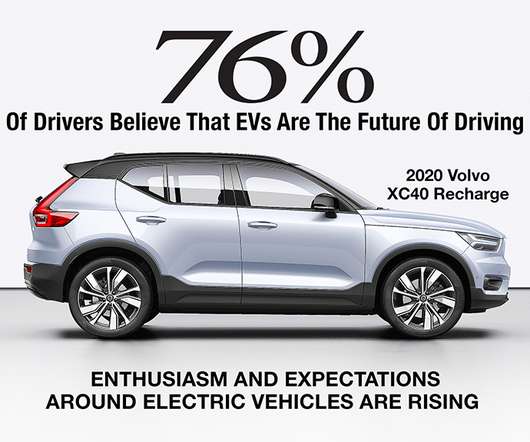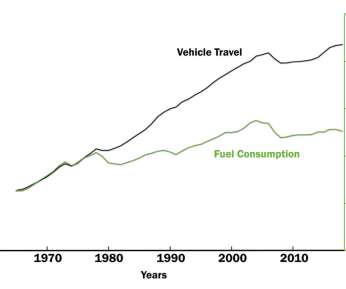DOE issues FY 2015 SBIR/STTR Release 2 funding opportunity, including hydrogen fuel cells, electric drive batteries
Green Car Congress
DECEMBER 9, 2014
DOE is encouraging qualified small businesses with strong research capabilities in science or engineering in any of the research areas designated in the announcement to apply. Topics of interest for transportation include: Fuel Cell-Battery Electric Hybrid for Utility or Municipal Medium-Duty or Heavy-Duty Bucket Trucks. are desired.


















Let's personalize your content